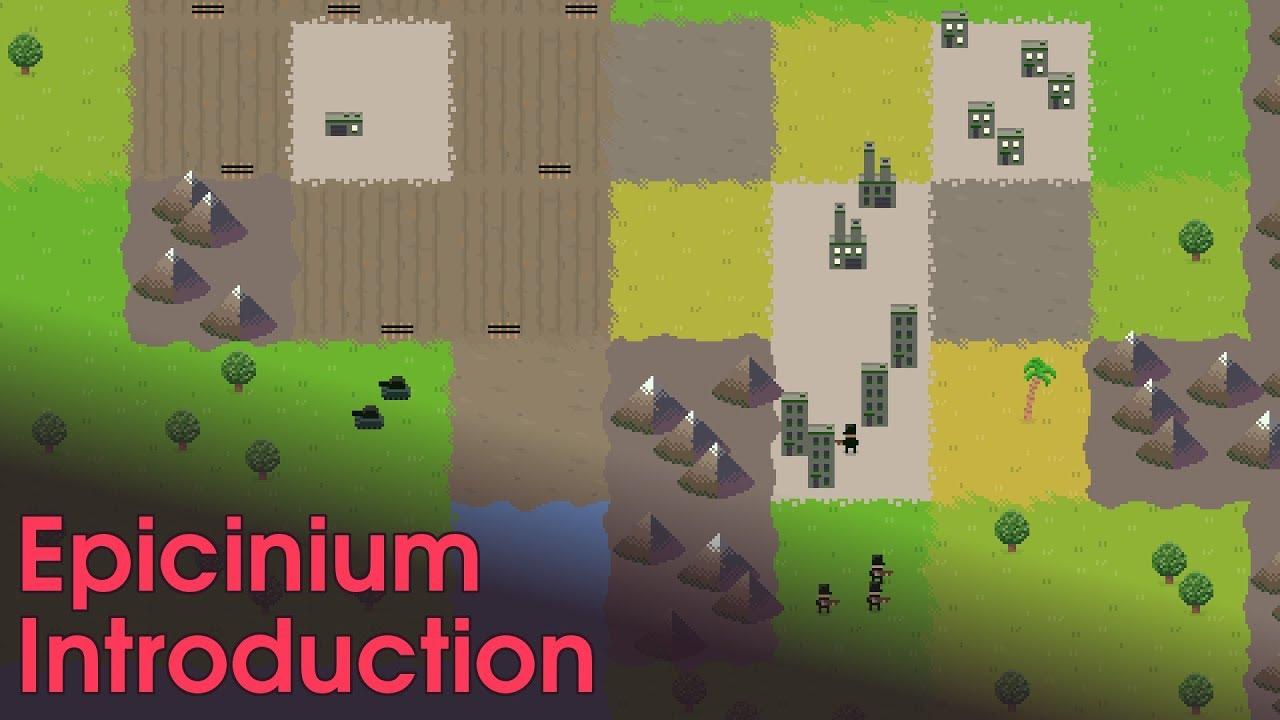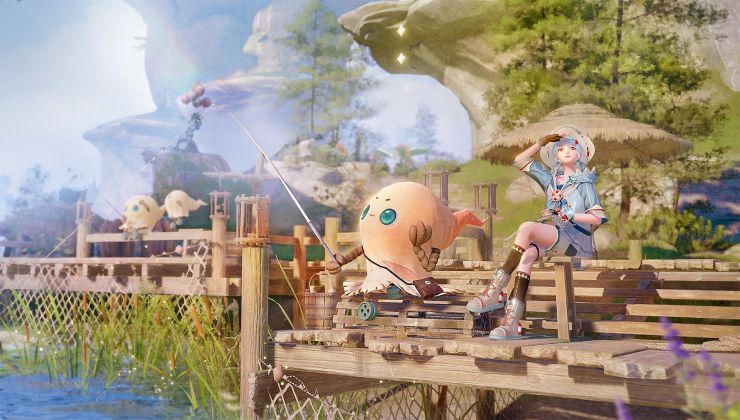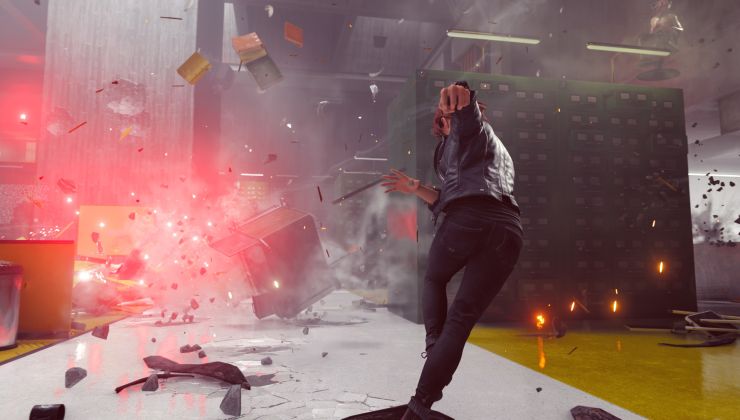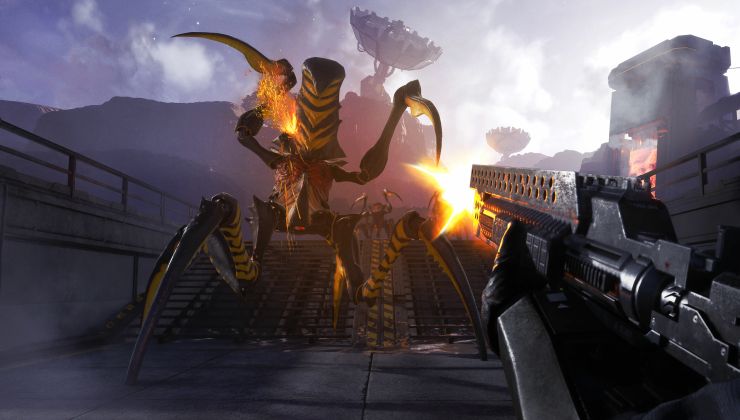Epicinium is an interesting strategy game with simultaneous turns where your impact on the environment matters. The developers have announce it will be heading to Kickstarter as well as having an open source release.
Epicinium is a strategy game with fast, simultaneous turns that drastically reduce downtime. Players balance firepower and resources, as the victor is scored for how much nature remains when the dust settles. The environment influences economic growth and troops, and neglecting it may cause severe weather effects.
Firstly, the Kickstarter will be live on November 1st, which the developers say will help towards the last part of development which will include work on the campaign as well as polishing the multiplayer and interface to make it easier to read.
It will feature:
- Multiplayer battles with up to 8 players; 1v1, free-for-all or in teams;
- Ranked and unranked matchmaking modes;
- An adaptive AI that learns from your strategies;
- A singleplayer campaign with a striking story about tough choices and conflicting interests.
In regards to an open source release, they're going to be handling this in an interesting way. Here's what they emailed us:
I would like to add that if the crowdfunding is successful, we are planning a separate open-source release (C++) under a GNU GPL license. This is aimed at LAN-ers, modders, tinkerers and fellow budding gamedevs, and includes a simple command-line server, the game logic and engine, so it allows starting multiplayer and AI battles from the command line.
For a look at the game, the developer posted a video a couple months ago showing off a match while talking about how it works:

Direct Link
by the graphics, looks like they will open source because they dont see any value in their product and expect the comunity to work for then, instead of doing an real contribution to get something in return later on.
i dont like to judge an book by its cover and an game by its graphics, but this looks poor.
by the graphics, looks like they will open source because they dont see any value in their product and expect the comunity to work for then, instead of doing an real contribution to get something in return later on.
Have you seen Minecraft? Yes, from a technical standpoint even Minecraft is more advanced (infinite 3D generated world in higher resolution [here it seems to be created from large 2D patches]), but from a graphical perspective, they are very similar. Minecraft has world put together of 1m blocks, textures of blocks with very low resolution - 16x16, models usually put together from large boxes, simplistic in-code animations. Here we have smooth pixelart animations, probably higher texture resolution, more advanced AI, support for multi-player from release.
What matters for games are mainly game mechanics and aesthetics (for some games story and other things), but definitely not graphics. IMO Minecraft rose so high because of customizability - skins, worlds, texture packs, a lot of building possibilities (even vanilla contains systems allowing to build logic circuits, ALU or whole computers) and (used to have before MS) a vibrant modding community. This game might be aiming for the same - supporting mods from the start (which Minecraft never did, class files were obfuscated and community had to develop and maintain de-obfuscation (and re-obfuscation) tools and tools enabling using multiple mods without conflicts). Minecraft had extremely basic content, limited progression, many mods would be (content-wise) worth several times of vanilla Minecraft. If they manage to find few fans with programming skills, their game can serve as a platform and I don't see anything wrong with that. Not every game is for everybody.
- We are enthusiastic users of FOSS software ourselves, and we'd like to give back;
- Transparency on what's running on your machine;
- Enabling extensive modding and customization;
- Allowing fellow starting gamedevs to use (parts of) our engine for their own games.






 How to set, change and reset your SteamOS / Steam Deck desktop sudo password
How to set, change and reset your SteamOS / Steam Deck desktop sudo password How to set up Decky Loader on Steam Deck / SteamOS for easy plugins
How to set up Decky Loader on Steam Deck / SteamOS for easy plugins
See more from me